Arrow and Smallville are arguably two of the shows that caused the superhero craze that has plagued our screens for the past ten years or so, and we decided to figure out which of the two is superior.
On the one hand, Smallville aired before Arrow, and on the other, Arrow has had numerous spin-offs. Nevertheless, it is undeniable that they have both made impacts on the television world.
Our TV Fanatics Leora Waltuch and Sarah Little sat down to discuss the differing tones, romantic relationships, villains, and more of each show to prove why Arrow or Smallville is better.
Sarah: Why do you think Smallville is a better superhero origin story than Arrow?
Leora: Partly because it is, in concept, an origin story, and it owned that. On Arrow, the selling point is getting to see the Green Arrow as a superhero.
We had flashbacks contracting a backstory, and at the same time, he both was and wasn't the Green Arrow through Arrow Season 5.
I think the show didn't know if it was about how Oliver Queen became the Green Arrow or about Oliver Queen actually being the Green Arrow.
In addition to that, as a series based around a comic show, Arrow ignored canon more often than it didn't.
That was never more apparent than in their portrayal of the Black Canary, who doesn't even marry or end up with Oliver Queen. In the series, she is not a compelling superhero and later dies.
With Smallville, you knew what you were in for. You knew where the show was going. It was a question of how we got there. Sure, they mixed things up and added new characters and twists, but in the end, you knew that:
A) Clark Kent learns to fly, wears a cape, and becomes Superman.
B) Clark Kent's high school sweetheart is Lana Lang, but he ends up with Lois Lane.
C) Lex Luthor and Clark Kent begin as friends and become arch enemies.
These truths remained, regardless of what else changed. Smallville set a standard for superhero shows in the 2000s. Even Arrow's creators acknowledge that.
Smallville introduced original characters like Chloe Sullivan, who fans argued early into Arrow's run was might have inspired the character of Felicity Smoak.
And while fans turned on Felicity half-way through the seasons, in ten years, fans did not turn on Chloe until Smallville Season 9. And I never did and never will.
Smallville had a sense of family, hope, and love in the first five seasons that created an uplifting, comfortable atmosphere for a viewer. Superman has always been a brighter light than, say, Batman. And the Green Arrow is Batman meets Robin Hood, so ...
And let's not forget that a lot of fans probably would not have even known who Green Arrow was before Arrow came out if not for his portrayal on Smallville Season 6 through Smallville Season 10.
Sarah: I'll agree that Smallville and Arrow had different approaches to showing their protagonists become heroes, but I think that is what set Arrow apart.
The flashbacks to Oliver's time on the island is what defined the show for years and were a great plot device that slowly revealed truths about Oliver and why he had to become "something else."
And I'm fine with Arrow ignoring some of the comic book canons because it ended up becoming its own take on Oliver Queen's story.
They did wrong by Laurel Lance, no argument, but the happy little accident that was Felicity Smoak turned the show around and made it what it was.
In my opinion, she was always a character to look up to who went through major character development that served her well.
Smallville set a precedent, allowing Arrow to follow and revive the superhero genre on TV. Arrow was the start of a whole universe, and TV has not been the same since its premiere.
Leora: I love Felicity too, but they didn't have to make her Oliver's love interest. Although the fact that Oliver on Smallville ended up with Chloe, who mirrors Felicity, is interesting to note.
And speaking of the female characters, for the majority of the series, Arrow seemed to be lacking when it came to strong female friendships.
Smallville had two high school girls who were very different and both into the same guy, and yet made them roommates who considered each other family. Lana and Lois got along too, and of course, Chloe and Lois were cousins.
I think when you're dealing with source material like that, you need to either be loyal to it or, in some way, warn fans that you won't be.
As for the universe it created, I've often felt in the last couple of years that the Arrowverse has gotten too expansive. It takes up more than half The CW's programming.
Creating a universe of one or two is fine, but I think Arrow got a little too big if you know what I mean. It's also just so dark. It's about a broken man who became a hero, kept losing things, never really got to be happy, and then died.
I guess that is very true to comic books and how they function, but with Smallville, I didn't feel so much like the bad guys were always losing.
It was revolutionary in showing how layered and tortured Clark Kent could be, but it encouraged positive qualities and behaviors and made you feel like the good guys could win at least some of the time.
Sarah: See, I'm such a big Oliver and Felicity fan, but I also was not familiar with the Green Arrow comics before watching the show.
I can see how a lot of fans would be mad that Oliver and Laurel were not "endgame," but I think it would be a disservice to not act on the great chemistry between Stephen Amell and Emily Bett Rickards.
Plus, there were never any real sparks between Oliver and Laurel.
I would argue that Arrow had its fair share of strong female friendships. Of course, there could never be too many, but they did have Felicity and Sara and, later on, Mia and Zoe.
Plus, the relationship between Laurel and Sara, while sometimes rocky, was a highlight of the series.
Yes, they might as well call The CW "The Arrowverse" at this point! I can't help but love seeing Arrow's legacy live on, though, even if some of the shows are not as good as they could be.
Arrow was a dark show, but it eventually let in a few cracks of light. And darkness is sort of what they promised when the first few episodes premiered.
Also, I think Oliver did get to be happy, at least for a little while. He got to sacrifice himself for the whole universe, so I love his ending no matter how sad it makes me.
Leora: I never actually read the comics either, but I did my research before the series came out because I like to know what to expect. I like Oliver and Felicity as a couple, but I disagree that he and Laurel didn't have any chemistry.
That's very much an opinion thing though, so I'll let it be.
I know Sara flirted with Felicity and helped her when she was jealous and wanted to train, but I never felt like they were friends, except maybe when Sara came back for Arrow Season 7. Mia and Zoe, I could see.
And they were setting up Black Siren and Felicity to be great friends, but that was way late in the game. As for Sara and Laurel, they weren't both alive and together for most of the show.
It was more a backstory of why one of them does what they do and is who they are. The relationship between Sarah and Laurel had potential, but the payoff was minimal because the show kept killing them off.
Speaking of, for a show about a character with no powers, they sure had a lot of magic. More than that, they had a lot of resurrection.
The amount of times characters died and came back was a little ridiculous and soap-operatic, though I do admit to having a pet peeve about resurrection plots, so maybe it didn't bug other people as much.
I'll agree Oliver got a good ending. That is one thing I will say. I loved Arrow Season 8. It seemed to harken to the show's heyday, whereas with Smallville, much as I loved it, I felt the final two seasons weren't as good as the first eight.
Still, statistically, that's an impressive percentage, getting it right for eight seasons.
Sarah: That is completely fair! We can agree to disagree. Relationships and friendships aside, I think we can both agree that both shows had strong female characters. They just had different ways of portraying them.
I think once the universe expanded, that's when Arrow decided to incorporate magic on their show. I will say that I didn't love it, nor did I hate it; it was just another plot device used to show the weaknesses of Oliver.
At the very least, Oliver never got superpowers and remained a relatable human -- we're not going to count when he became Spectre because he was pretty much dead at that point.
As for all the resurrections, it is kind of ridiculous how many times Sara has died and come back to life at this point. Still, I loved the introduction of the Lazarus Pit. Especially because it meant that Arrow could undo some painful deaths.
Arrow sort of lost its way in the middle of the series, but it found its footing by the end, and a good ending is very important.
Leora: Yes, it is good that Oliver remained human. And there were strong female characters, but most of them were original to the series, not initially intended to be a big part of things, like Sara and Felicity.
The characters they tried to get us invested in in the beginning, i.e., Laurel, Thea, sort of got written out. I loved Thea and was so happy she got a happy ending with Roy, but I never understood why they wrote her and Roy out in the first place.
Again, these were characters with a stronger connection to comic lore and who seemed slated at the beginning of the series to be important.
Because I agree with you 100% that the show lost its way midway through, and I think part of that comes from coming changing so much and going so off track from the original vision.
Like, even Walter disappeared. He was comics canon as far as I know, but he seemed important enough in the beginning, and then he was just gone. For some shows, like DC's Legends of Tomorrow, turnover works, but on Arrow, it didn't.
They also had a lot of turnover in villains. Smallville always had Lex Luthor there and Lionel for a long time too. They were building towards something.
Arrow had some weird and arguably weak villains with cartoonish backstories, and we had to believe that each was more powerful and scarier than the one before, but weak in comparison to the one that came after when overall they were pretty similar.
Also, Ra's al Ghul is a Batman Villain, not a Green Arrow villain. I did like Slade's arc, and Adrian Chase was great, but Damien Darhk was just weird, and if someone was going to kill Laurel, it should have been a more compelling villain.
Sarah: A lot did change after Arrow Season 1, and a lot of it was adapting to their new vision of the show. It is quite obvious that most of what they had planned for Arrow did not come to fruition, but I will argue that it was better for it.
We got to see the wonderful, and sometimes sad, relationship development between Oliver and Felicity, Oliver become a father and Oliver struggle with what it meant to be a vigilante.
Ultimately, the show was about Oliver, and that is why it resonated with so many people.
I enjoyed the villain-of-the-season arcs that Arrow did. Admittedly, some were stronger than others like Slade and Adrian Chase, but they all proved to be a challenge to Oliver and didn't feel out of place.
Leora: Oliver, as a father, was a good look for him. I'll give you that.
But if it was for the better, how come you just admitted that the series lost its way halfway through? Some of the stories they told were interesting, and one could argue that they were better than whatever they had planned originally.
But from a storytelling perspective, it didn't make sense for them to keep going in these unpredictable directions.
You have to allow for natural development with a show, but you should never look back at the early seasons and say that where they ended up made no sense to where they started. Smallville was well-thought-out in the journey it took Clark Kent on.
Each milestone was deliberate, and yes, some things changed as the stories developed, but they never lost sight of the story they were trying to tell because they knew where they were going and why.
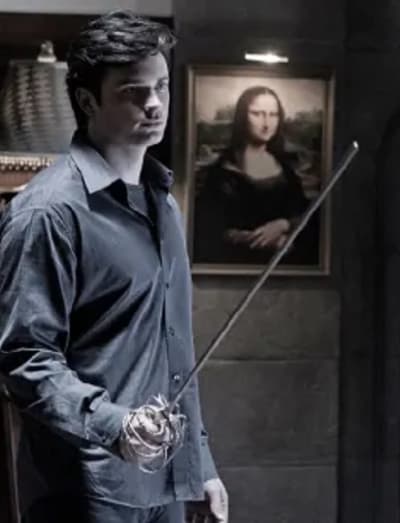
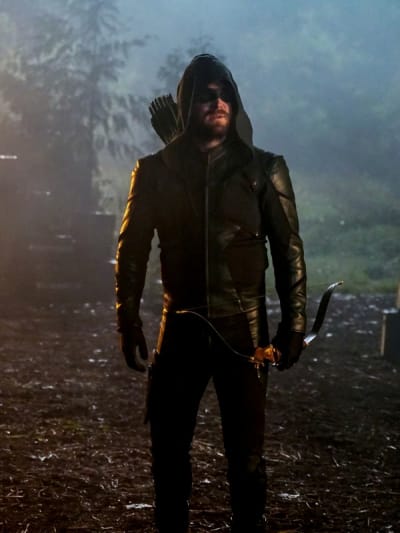
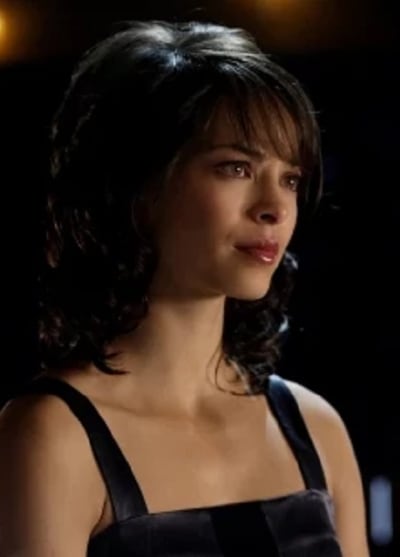

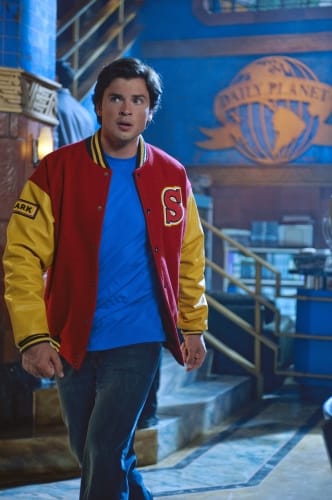
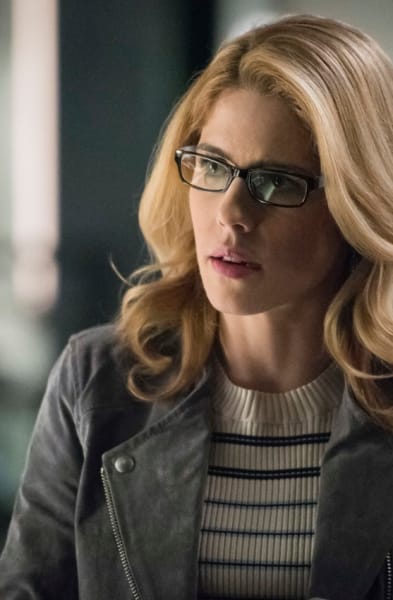

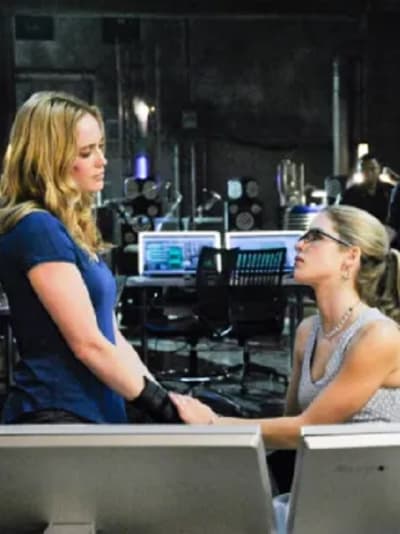

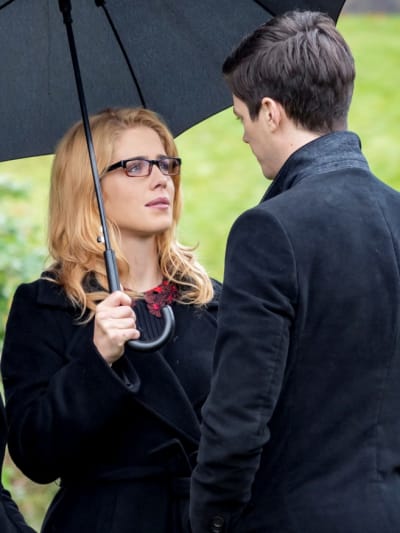
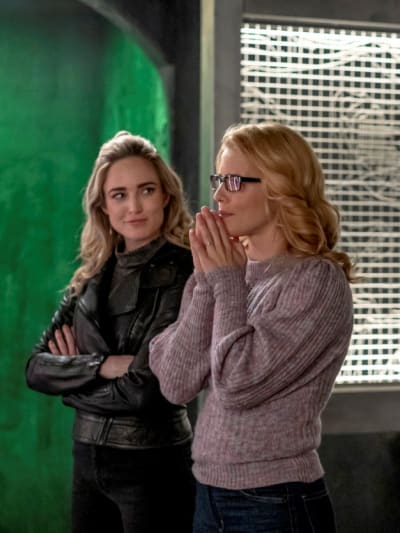
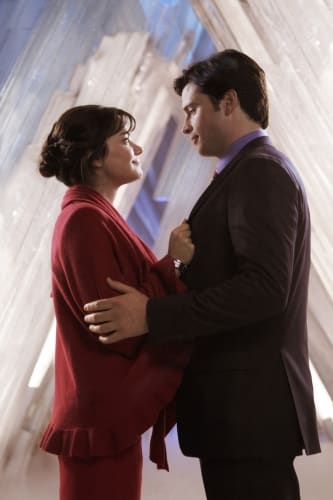
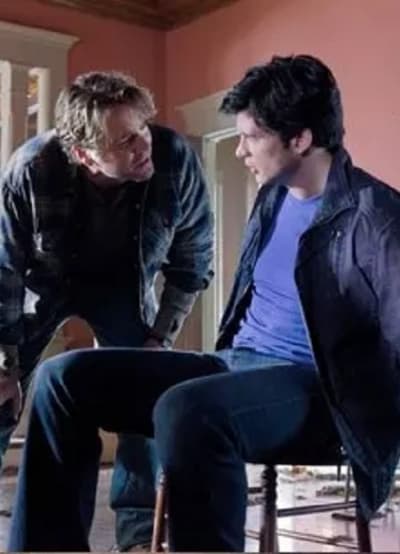
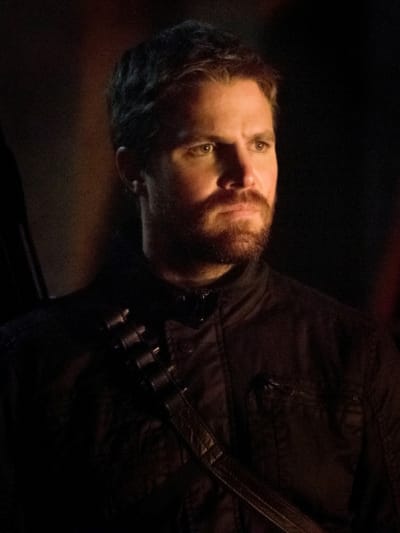
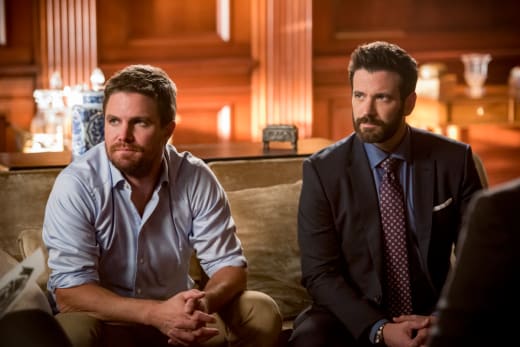
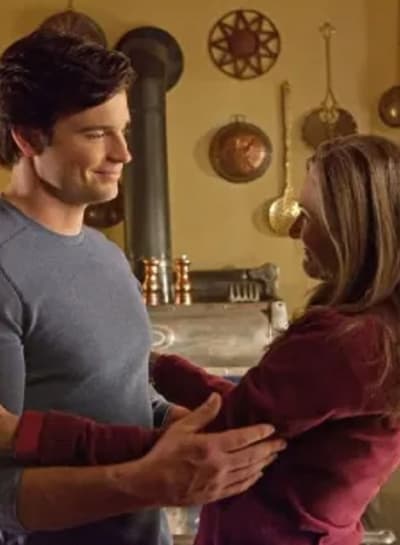
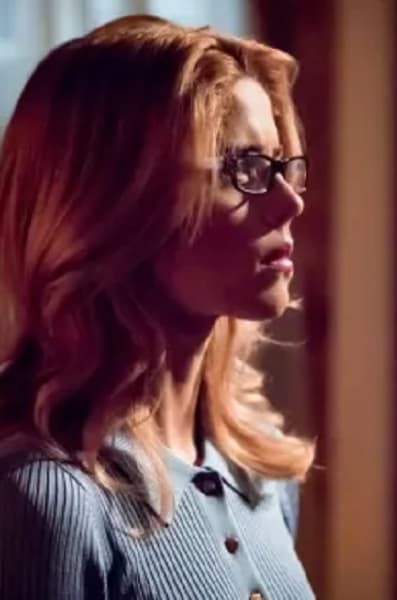
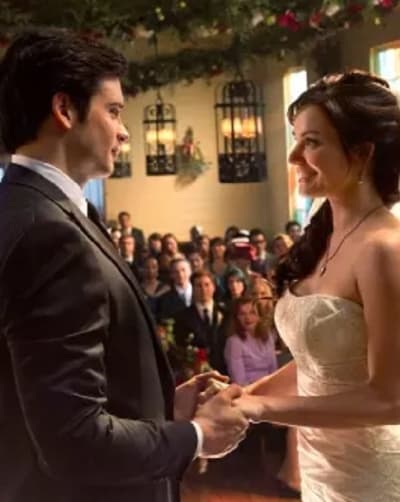
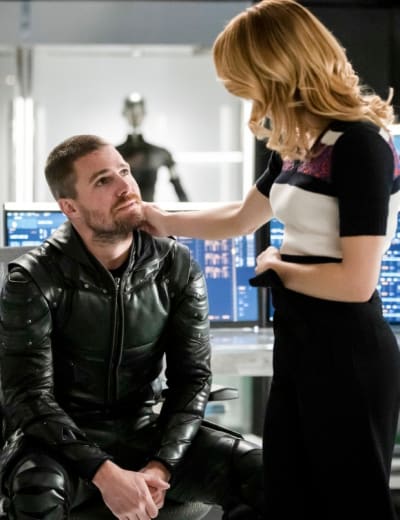
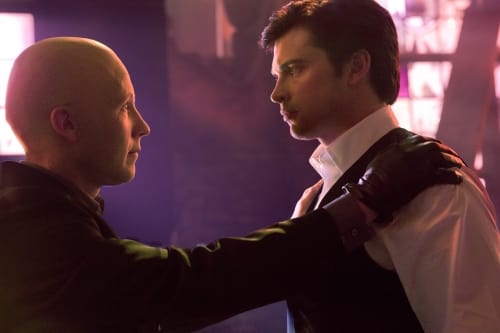
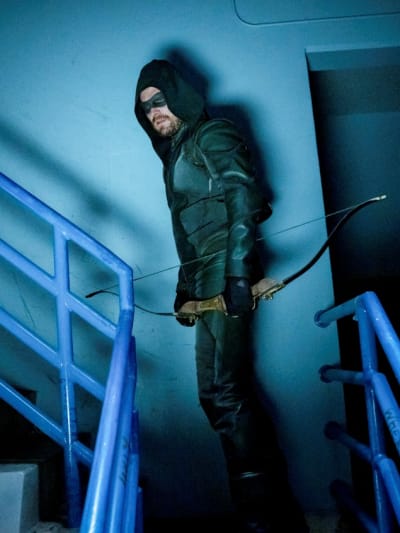
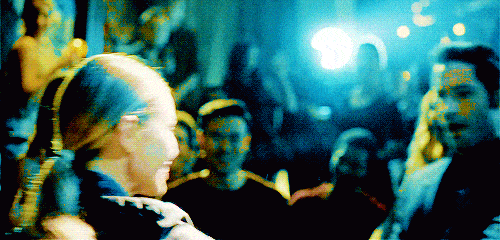
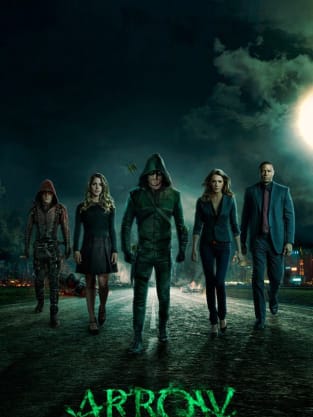
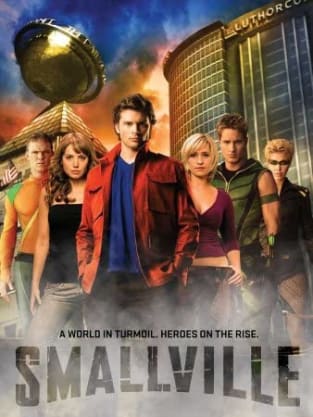
Post a Comment